
How happiness is related to internet connectivity
Internet access doesn’t make people happy, but it is a sign of the probability of happiness.
A 2013 poll by the Gallup-Healthways Well-Being Index measured people’s happiness state by state across America. We cross-referenced the Happiness Index from the Gallup Poll with US census numbers on the percentage of a states’ residents who access the Internet from their homes and found an interesting correlation. Nearly 40 percent of the happiness index score for any given state can be estimated by knowing the Internet access percentage of that state.

Fast-PATH installer streamlines Hadoop deployments and reduces costs
Though it's one of the most popular big data tools, Hadoop is still evolving and as a result doesn't always have the sophistication of more traditional databases, which can lead to higher support and operation costs.
A new product from big data security specialist Zettaset aims to streamline Hadoop deployment for the enterprise with software automation that eliminates many of the manual configuration processes.
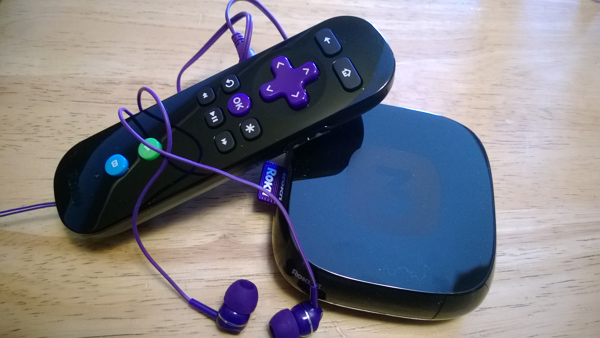
Vimeo unveils revamped Roku app
Roku, the tiny set-top box with a lot of channels, gets one more improvement today. It's an important step in the battle with stiff competition from Apple TV, the recently improved Amazon Fire TV, and the forthcoming Android TV, to name only three.
Now Vimeo is the latest to add just a bit more functionality to the Roku box. The streaming service is announcing a major improvement to its app -- the first major change since it was released back in 2011.
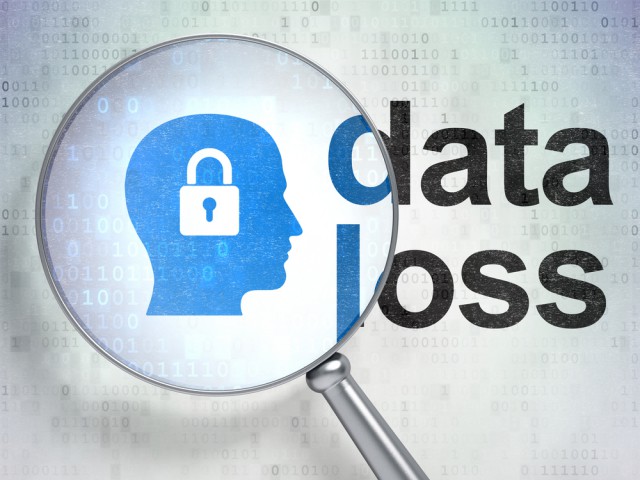
Intellectual property loss affects 21 percent of manufacturing businesses in the past year
In ever more competitive global markets the success or failure of a business can rest on insights and solutions that allow it to operate more efficiently than its competitors.
If this information falls into the hands of a competitor advantage is lost. Yet the results of a new study by Kaspersky Lab show that one in five manufacturing businesses has suffered a loss of intellectual property in the last 12 months.

How malware could be used to predict future world conflicts
In terms of usefulness, we typically think of malware as somewhere between a volcano eruption and the Ebola virus. But researchers from security firm FireEye have developed a technique by which the spread of malware could predict upcoming world conflicts.
According to researchers who monitored millions of malware messages sent over the past 18 months, the amount of communications sent by malware programs spiked dramatically in the lead-up to the conflict between Russia and Ukraine over the future of Crimea. A similar spike was seen in malware attacking Israel in the days before its recent hostilities with Hamas in Gaza.

Clarizen delivers new collaboration features
Work collaboration and project management specialist Clarizen's cloud based platform launched in its latest version, Clarizen v6, last year. Today it's announcing a number of enhancements many of which have been requested by customers.
Changes include new reporting, resource visualization, communication and usability enhancements. Charting changes include the introduction of bubble and scatter charts that can be shared inside and outside the organization. Bubble chart enables a "fourth dimension" with the x and y axis determining the plot location, point color, and the size of each plot point.

LG introduces G Pad 8.0 with built-in 4G LTE
Even though they are more expensive, tablets with built-in cellular connectivity have one major advantage over their Wi-Fi only counterparts that can make up for the price difference -- there is Internet access outside of the Wi-Fi range, and it is paramount for today's mobile warriors.
LG understands that there are people who require tablets with built-in cellular connectivity, so the South Korean maker has introduced a 4G LTE version of its G Pad 8.0 Android slate, which will go on sale starting this week. Let's take a look at what it offers.
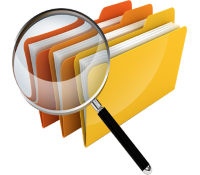
ZPAQ: fast, feature-packed archiving for the command line
It first appeared around 25 years ago, but zip is still a great format for archiving, not least because it’s so widely supported. Send "stuff.zip" to anyone, on any platform, and they’ll have no problem in viewing its contents.
If you’re just archiving files for yourself, though, there are many interesting alternatives -- and the command line ZPAQ is a great example.
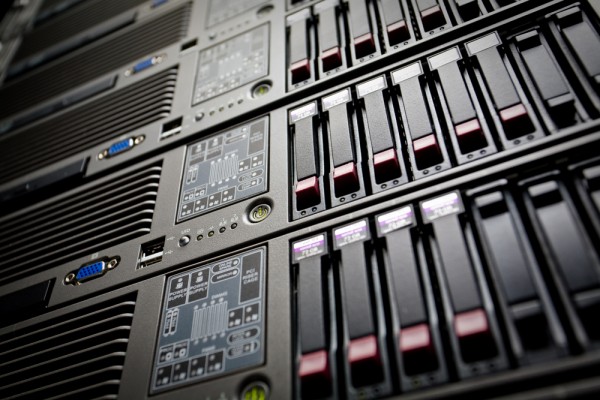
Flash! Savior of the enterprise storage market?
From being an expensive technology and something of a niche, flash storage is shifting into the mainstream, particularly in enterprises.
According to new research by IDC, although the technology has been available for a while, the adoption of flash-based storage is only now showing real growth thanks to falling prices and a growing familiarity with the benefits it offers.

BYOD and the issues of managing VDI and VDA
Software licensing is a complex area, even in organizations with a relatively simple IT infrastructure. Once BYOD (bring your own device) is added into the mix, this takes licensing complexity to a whole new level.
There is much debate over the actual take-up of BYOD. Some sources say adoption is "exploding", others say less than 10 percent of organizations actually have a BYOD policy in place. Regardless of what the true value is, we can expect an increased level of uptake, given the recent announcement of Microsoft Office for the iPad. So BYOD will become even more attractive to end users, and potentially make life even more difficult for the license manager.
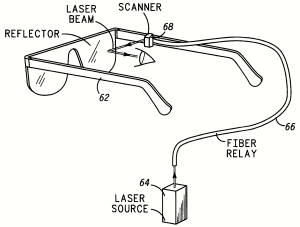
For future computing, look (as always) to Star Trek
"The step after ubiquity is invisibility," Al Mandel used to say and it’s true. To see what might be The Next Big Thing in personal computing technology, then, let’s try applying that idea to mobile. How do we make mobile technology invisible?
Google is invisible and while the mobile Internet consists of far more than Google it’s a pretty good proxy for back-end processing and data services in general. Google would love for us all to interface completely through its servers for everything. That’s its goal. Given its determination and deep pockets, I’d say Google -- or something like it -- will be a major part of the invisible mobile Internet.

Edward Snowden claims NSA caused the 2012 Syrian internet outage
Edward Snowden has claimed that the US accidentally took most of Syria off the Internet while attempting to bug the country's online traffic.
Speaking to National Security Agency journalist James Bamford for Wired, the whistleblower claimed that a US intelligence officer told him that the NSA was responsible for Syria's disconnect from the web in late 2012, and not the Assad regime.

Man asks Siri where to hide the body after murdering roommate, Siri offers suggestions
Most of us are used to asking Siri where the nearest pizza place or supermarket is. He/she has become an almost indispensable part of some iPhone users' lives. But would you ever ask Siri how to hide a dead body? That's exactly what one Florida man did two years ago.
Pedro Bravo, 20, is currently standing trial accused of kidnapping and strangling his friend Christian Aguilar in September 2012 after an argument started over Aguilar dating Bravo's ex-girlfriend. One of the key pieces of evidence used by the prosecutors is a record of Bravo telling Apple's famous digital assistant: "I need to hide my roommate".

Panda 2015 consumer range now available
Panda Security has announced the launch of its 2015 consumer range, claiming that it’s "lighter, safer and easier to use than ever before".
Protection is improved with the new XMT (Extreme Malware Terminator) Smart Engineering engine. This isn't just marketing spin, either: the latest AV-Test and AV-Comparatives reports both saw XMT-powered products at the top of the list.
Spotify enhances merchandising push for artists
Selling music seems to be a lucrative business these days, at least judging from all of the streaming services flooding the market. So how does one manage to differentiate itself and set things apart from rivals like Rdio and Google?
Apparently, for Spotify, this means moving into the merchandise business -- a rather lucrative one, given the price of concert tee shirts at shows, though Spotify doesn't plan to profit from this endeavor.



